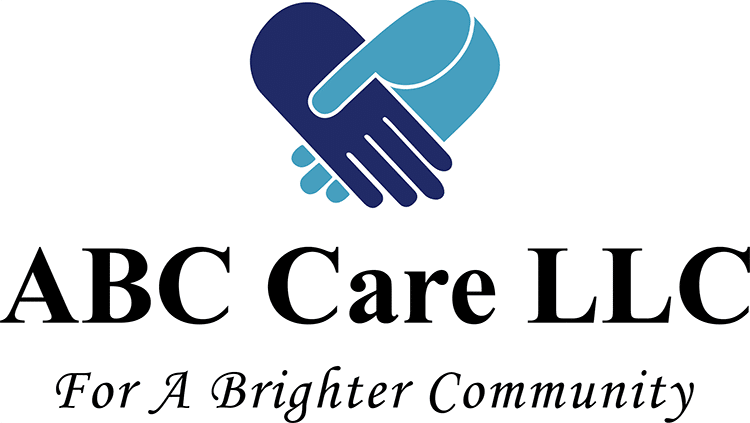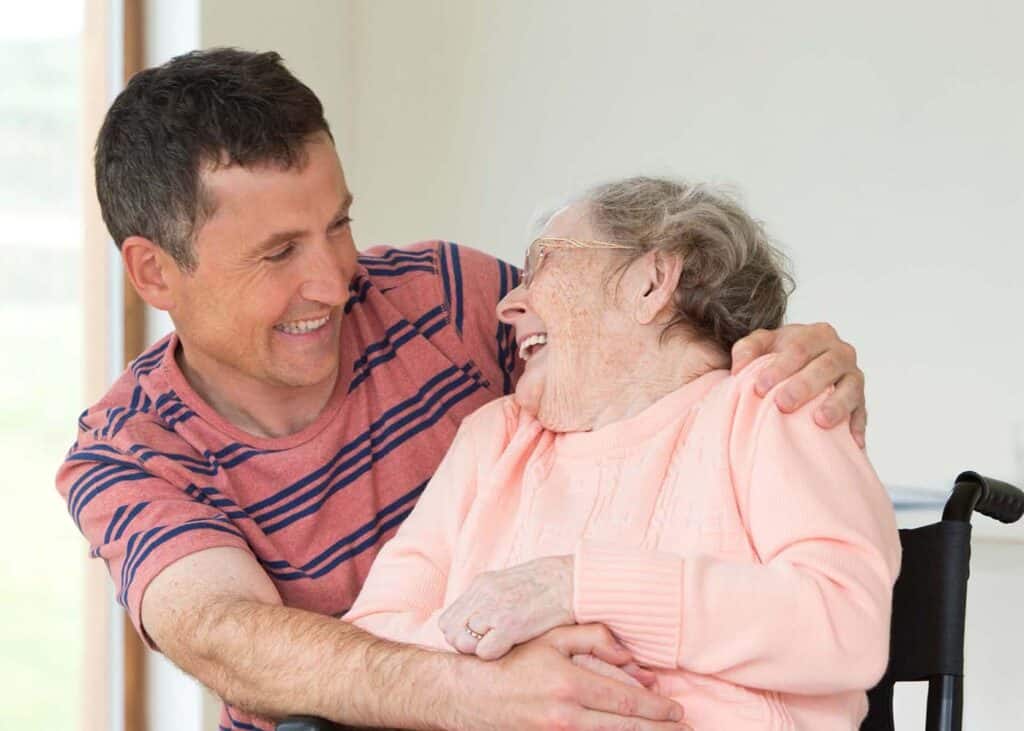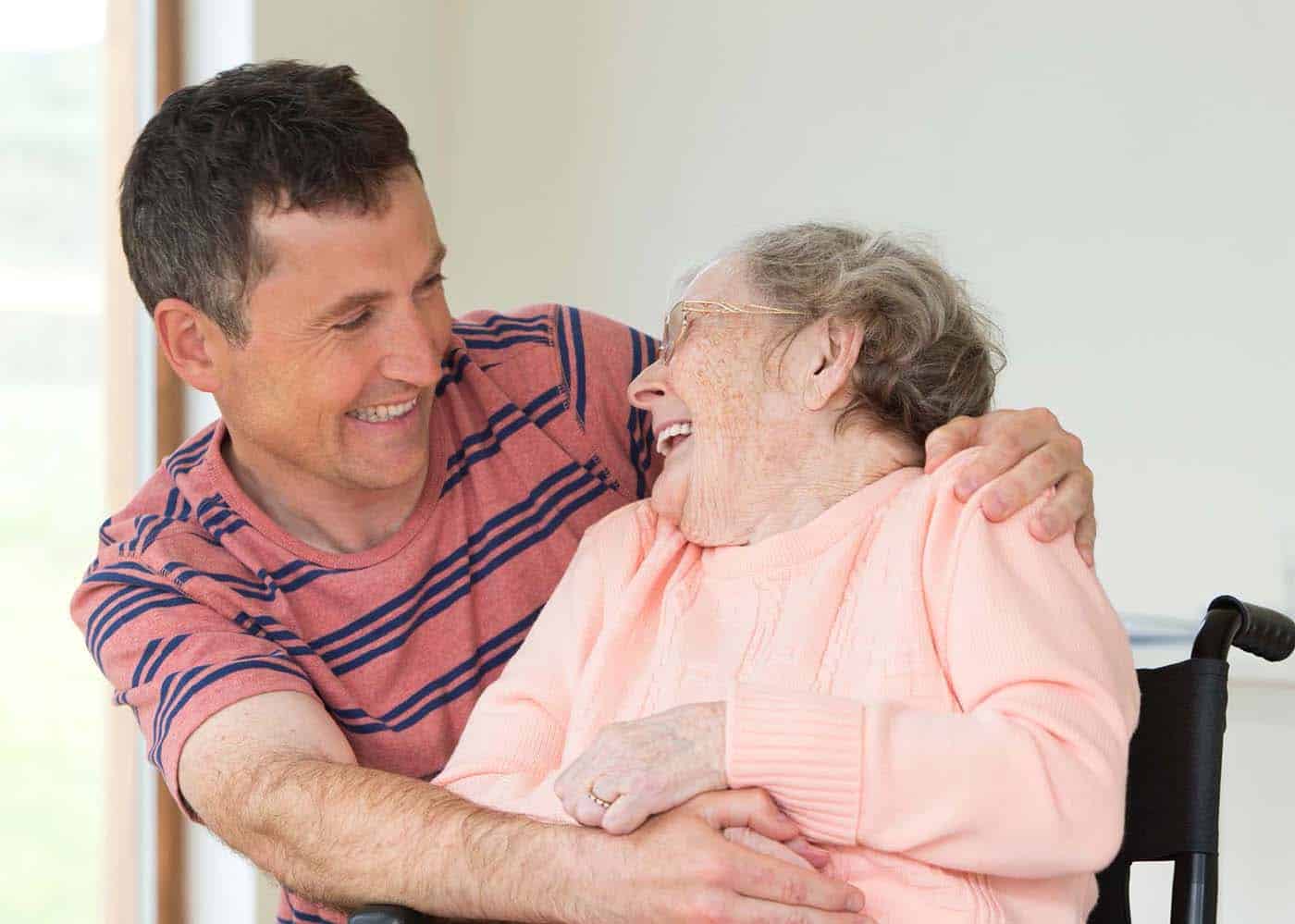Common Mistakes and Best Practices
Caring for an elderly loved one is a rewarding yet challenging responsibility. Providing the best care requires patience, understanding, and knowledge of best practices. Here are some essential do’s and don’ts to help guide you in offering compassionate and effective care.
The Do’s of Elderly Care
- Do Prioritize Their Safety – Make necessary modifications to their home to prevent falls, such as installing grab bars, removing tripping hazards, and ensuring good lighting.
- Do Encourage Independence – Allow them to perform tasks they are capable of to maintain their dignity and sense of self-sufficiency.
- Do Communicate with Empathy – Listen actively, be patient, and validate their feelings to build trust and understanding.
- Do Monitor Their Health – Keep track of medical appointments, medications, and any changes in their physical or mental condition.
- Do Provide a Nutritious Diet – Ensure they have a balanced diet with adequate hydration to support their overall well-being.
- Do Engage in Social Activities – Encourage interaction with friends, family, or community groups to prevent isolation and promote emotional well-being.
- Do Seek Professional Support – Utilize home care services, therapy, or support groups when needed to avoid caregiver burnout and ensure quality care.
The Don’ts of Elderly Care
- Don’t Ignore Their Wishes – Respect their preferences regarding their care, living arrangements, and lifestyle choices whenever possible.
- Don’t Neglect Self-Care – Caregiver burnout is real. Take time to rest, seek support, and maintain your own health.
- Don’t Overlook Signs of Cognitive Decline – Changes in memory, behavior, or confusion should be addressed with medical professionals.
- Don’t Force Activities – Encourage participation, but don’t pressure them into activities they are uncomfortable with.
- Don’t Delay Important Conversations – Discuss topics such as advanced care planning, legal matters, and healthcare decisions early on.
- Don’t Isolate Them – Socialization is vital for their emotional and mental well-being. Avoid keeping them confined or disconnected from loved ones.
- Don’t Dismiss Their Emotional Needs – Depression and anxiety are common in older adults. Offer emotional support and seek professional help if needed.
Caring for an elderly loved one is a journey filled with challenges and rewards. By following these do’s and don’ts, you can provide the best possible care while ensuring both their well-being and your own. If you need additional support or guidance, ABC Car



